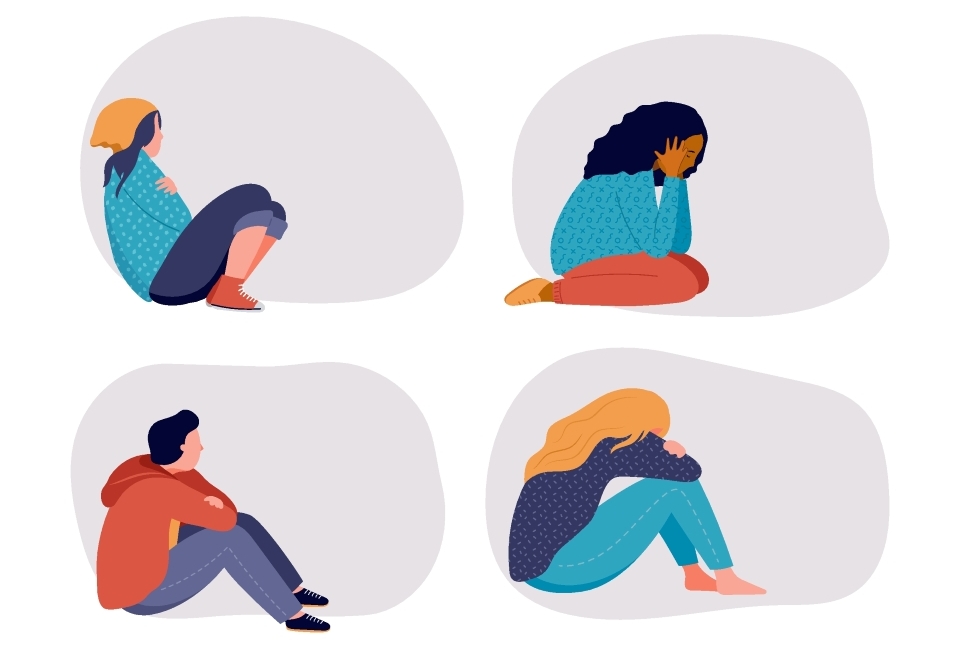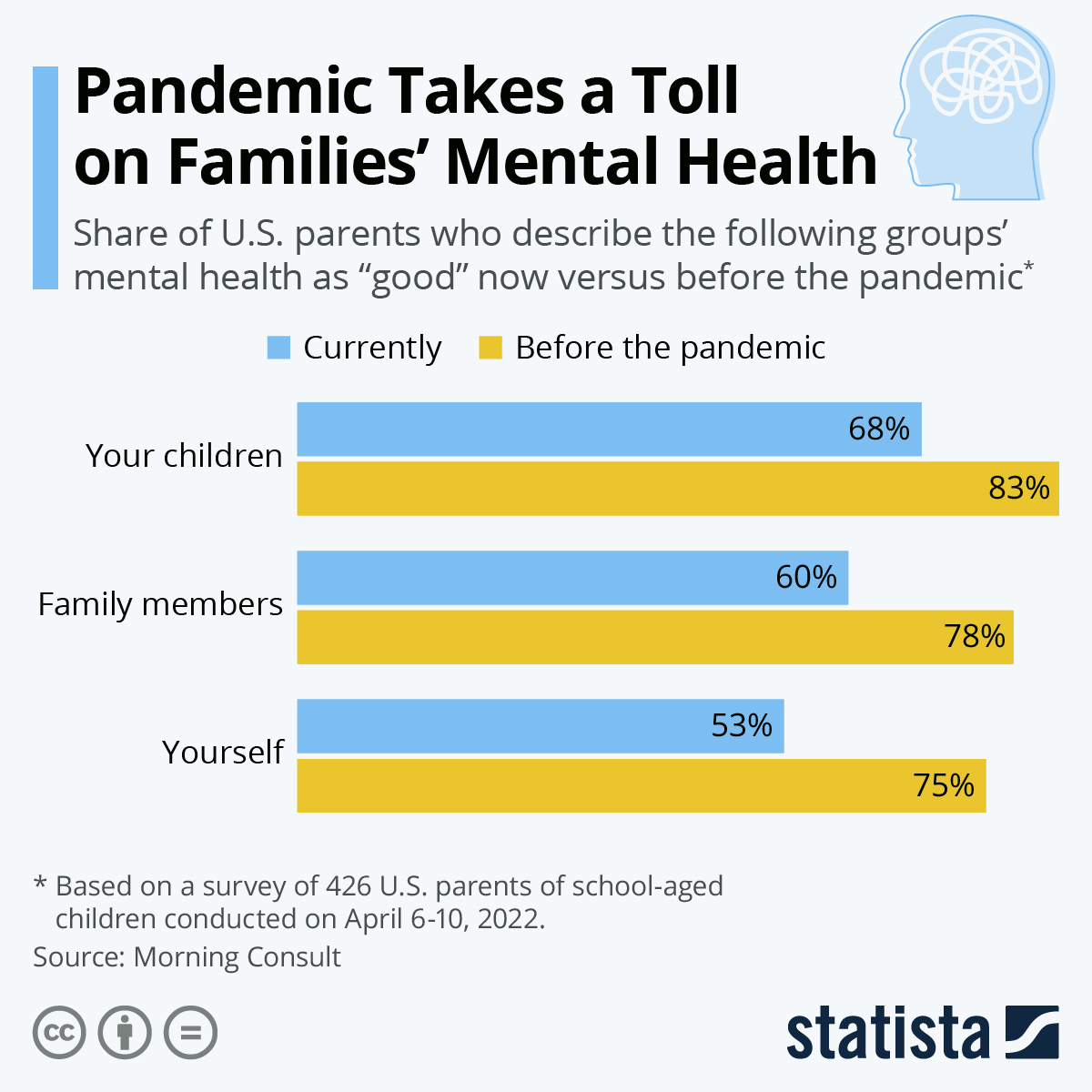Navigating the Mental Health Pandemic: Strategies for Resilience

Navigating the Mental Health Pandemic: Strategies for Resilience
The global landscape has experienced a profound shift, not only in physical health but also in mental well-being. The Mental Health Pandemic has emerged as a critical issue, necessitating comprehensive strategies for resilience and coping.
Understanding the Impact
The ongoing pandemic has brought about unprecedented challenges, affecting people’s mental health on a global scale. From increased stress and anxiety to the exacerbation of pre-existing mental health conditions, the impact is profound and far-reaching.
Breaking the Stigma
One positive aspect of the Mental Health Pandemic is the increased dialogue surrounding mental health issues. Breaking the stigma attached to mental health discussions is crucial for fostering an environment where individuals feel comfortable seeking help and support.
Importance of Seeking Professional Help
Acknowledging the need for professional support is a significant step in navigating the mental health challenges brought on by the pandemic. Mental health professionals play a crucial role in providing guidance, therapy, and coping strategies tailored to individual needs.
Building Resilience Through Mindfulness
Mindfulness practices have gained prominence as effective tools for building resilience. Techniques such as meditation and mindful breathing can help individuals manage stress, stay grounded, and cultivate a positive mindset amidst uncertainty.
Social Connections and Support Networks
Maintaining social connections, even in a physically distanced world, is essential for mental well-being. Utilizing technology for virtual interactions and prioritizing communication with friends and family can provide a valuable support network during challenging times.
Balancing Work and Life
Remote work and lifestyle changes have blurred the lines between professional and personal life, contributing to heightened stress. Establishing clear boundaries, maintaining a routine, and taking breaks are vital for achieving a balance that promotes mental health.
Physical Activity for Mental Well-being
Regular physical activity has proven benefits for both physical and mental health. Engaging in exercise releases endorphins, reduces stress hormones, and provides a natural avenue for improving mood and overall well-being.
Coping with Uncertainty
Uncertainty is a common thread in the fabric of the Mental Health Pandemic. Developing coping mechanisms to deal with uncertainty involves cultivating adaptability, focusing on what can be controlled, and fostering a resilient mindset.
Mental Health Pandemic: A Call to Action
Addressing the Mental Health Pandemic requires collective action. Governments, organizations, and individuals must prioritize mental health resources, support systems, and destigmatize seeking help. Together, we can foster a global environment that values and protects mental well-being.
The Path Forward – Mental Health Pandemic
Visit The Healthy Consumer to explore comprehensive resources and support for navigating the Mental Health Pandemic. Empower yourself with knowledge, connect with professionals, and discover strategies to foster resilience in these challenging times. Remember, you are not alone in this journey, and seeking help is a sign of strength.
Navigating Mental Health: Coping Amidst the Pandemic

Unseen Struggles: Mental Health Challenges Amidst the Pandemic
The global pandemic has brought about unprecedented challenges, extending beyond physical health to the realm of mental well-being. In this exploration, we delve into the complexities of the mental health pandemic and strategies for coping.
The Silent Toll on Mental Well-being
As the pandemic unfolds, the toll on mental health becomes increasingly evident. Social isolation, economic uncertainties, and the fear of the virus contribute to heightened stress and anxiety levels. Acknowledging the silent struggles individuals face is the first step in addressing the mental health pandemic.
Isolation and Its Impact on Mental Wellness
Social isolation, a necessary measure for containing the virus, has unintended consequences on mental wellness. The lack of social interactions, disrupted routines, and the absence of physical connection with loved ones can lead to feelings of loneliness and exacerbate existing mental health conditions.
Economic Strain and Mental Stress
The economic fallout from the pandemic has created financial stress for many individuals and families. Job losses, business closures, and economic uncertainties contribute to heightened levels of stress, anxiety, and, in some cases, depression. Addressing the economic strain is integral to holistic mental health support.
Coping Mechanisms: Strategies for Mental Resilience
Developing coping mechanisms is crucial for maintaining mental resilience during challenging times. Establishing routines, incorporating mindfulness practices, and engaging in activities that bring joy and relaxation can provide a sense of stability and support mental well-being amidst the uncertainties.
The Role of Teletherapy in Mental Health Support
With the limitations on in-person interactions, teletherapy has emerged as a vital tool for mental health support. Virtual counseling sessions offer individuals the opportunity to connect with mental health professionals, fostering a sense of continuity in care during times of physical distancing.
Breaking the Stigma: Encouraging Open Conversations
Breaking the stigma surrounding mental health is essential for creating a supportive environment. Encouraging open conversations about mental well-being, normalizing seeking help, and providing education on mental health contribute to fostering a culture of understanding and empathy.
Community Support Networks: Strengthening Social Bonds
Building and strengthening community support networks are crucial elements in mitigating the mental health pandemic. Communities coming together, whether virtually or within safe physical distancing measures, provide a sense of belonging and support, alleviating the impact of isolation.
The Importance of Self-Care Practices
Prioritizing self-care is a fundamental aspect of mental health maintenance. Adequate sleep, balanced nutrition, regular physical activity, and time for relaxation contribute to overall well-being. Empowering individuals with the knowledge and tools for self-care is an investment in mental health resilience.
Government Initiatives and Mental Health Policies
Recognizing the significance of mental health, governments and organizations worldwide are implementing initiatives and policies to support mental well-being. Accessible mental health resources, helplines, and community programs are vital components of a comprehensive approach to addressing the mental health pandemic.
Mental Health Pandemic: A Call for Collective Action
As we navigate the challenges of the mental health pandemic, a call for collective action resonates. Stay informed about mental health strategies and resources at Mental Health Pandemic. Together, let us foster a world where mental well-being is prioritized, supported, and protected.




(501).jpg)

